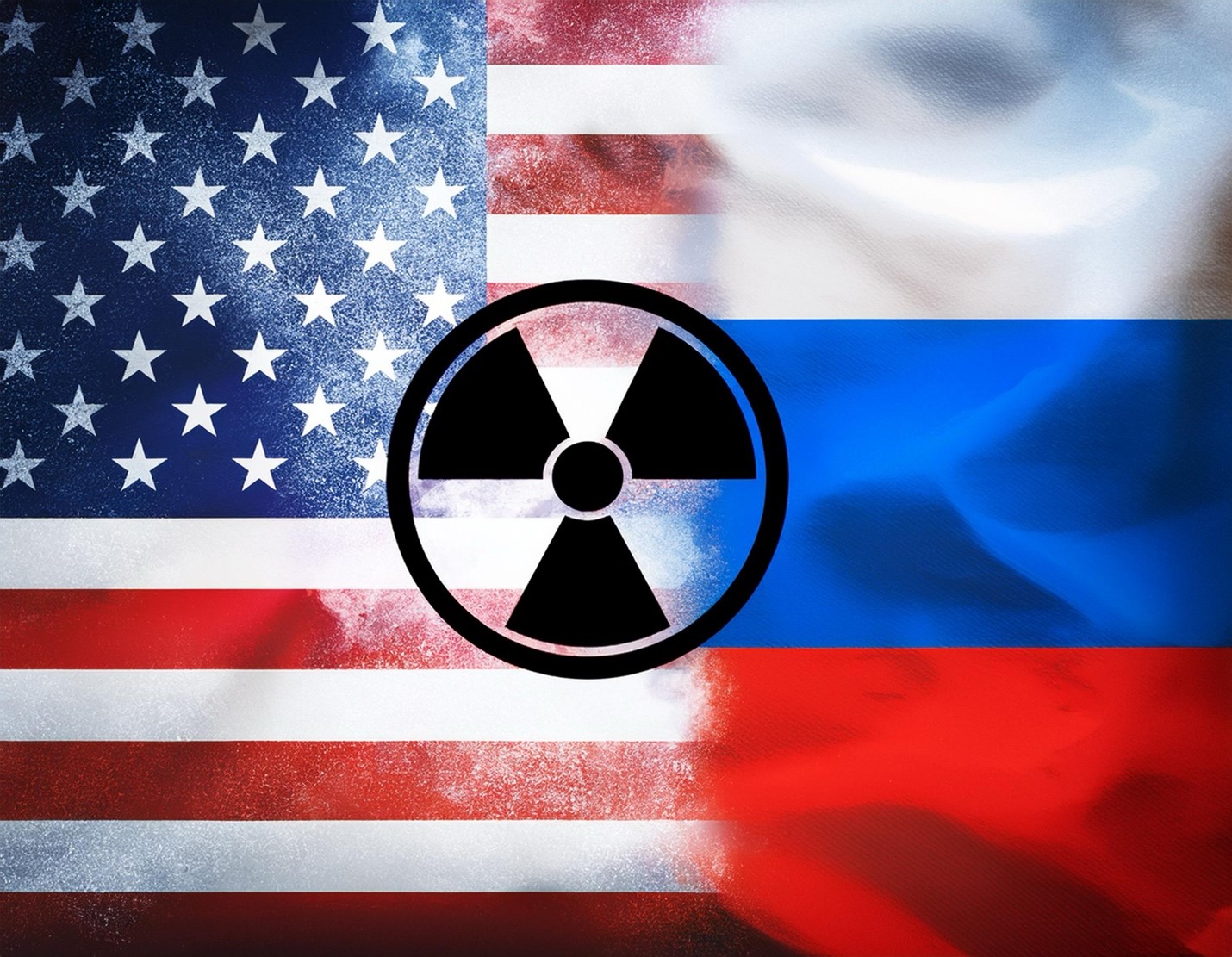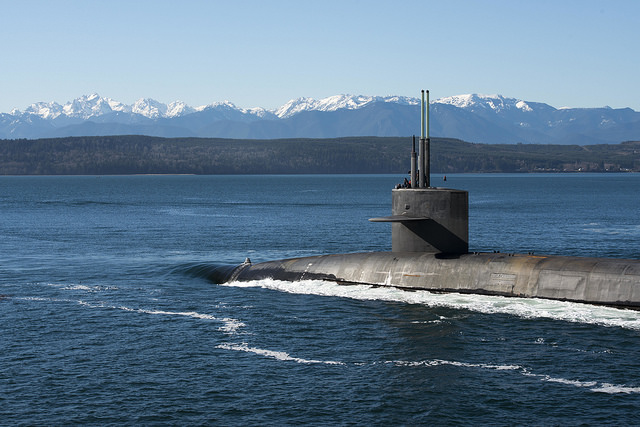



"*" indicates required fields

AI-powered chatbots in the United States regurgitate CCP propaganda when prompted on CCP-censored topics, posing significant ramifications for global AI development and U.S. national security.

The potential for states like Russia and China to use TPLF as a conduit for economic espionage, especially in critical technology sectors such as AI, pharmaceuticals, and chip manufacturing, presents a potential threat to U.S. strategic interests.

During a period of rising global tensions and increasing operational demands on the U.S. military, high rates of obesity in the National Guard and reserves threaten reserve component recruitment, retention, and readiness.

The U.S. attack on Iran’s nuclear facilities this past weekend was an impressive tactical achievement that, in the long-run, will probably fail to ...

In his second inaugural address, President Donald J. Trump proclaimed, “America will reclaim its rightful place as the greatest, most powerful, mos...

As U.S.-China trade tensions rise and U.S. LNG export capacity expands, Washington must work with allies and industry partners to strike deals that...

U.S. LNG exports are a powerful geopolitical tool with the capacity to bolster strategic alliances, increase global engagement and influence, and r...

The last remaining nuclear arms treaty between the United States and Russia is a pertinent foreign policy issue, and failur...

The People’s Republic of China forces all domestic and foreign companies to share their intellectual property, technology, and consumer data with t...

At a time when foreign policy has its eyes laser-focused on the Middle East and Ukraine, strategic realignment with U.S. neighboring allies could o...


America is at a critical period in our strategic competition with China, and ground zero in the fight is the battle over AI supremacy.

The spread of nuclear weapons and increasing numbers of nuclear forces worldwide represents the greatest danger to mankind.

ASP's energy security research covers the spectrum of energy sources, from nuclear, wind, and solar, to fusion and other innovative technologies.

Through research and public engagements, ASP is fostering dialogue and building consensus on the national security impacts of climate change.
ASP’s newsletter is a weekly publication that includes updates on our activities, feature stories, events, and commentary from leadership and staff on the national security issues of our time.